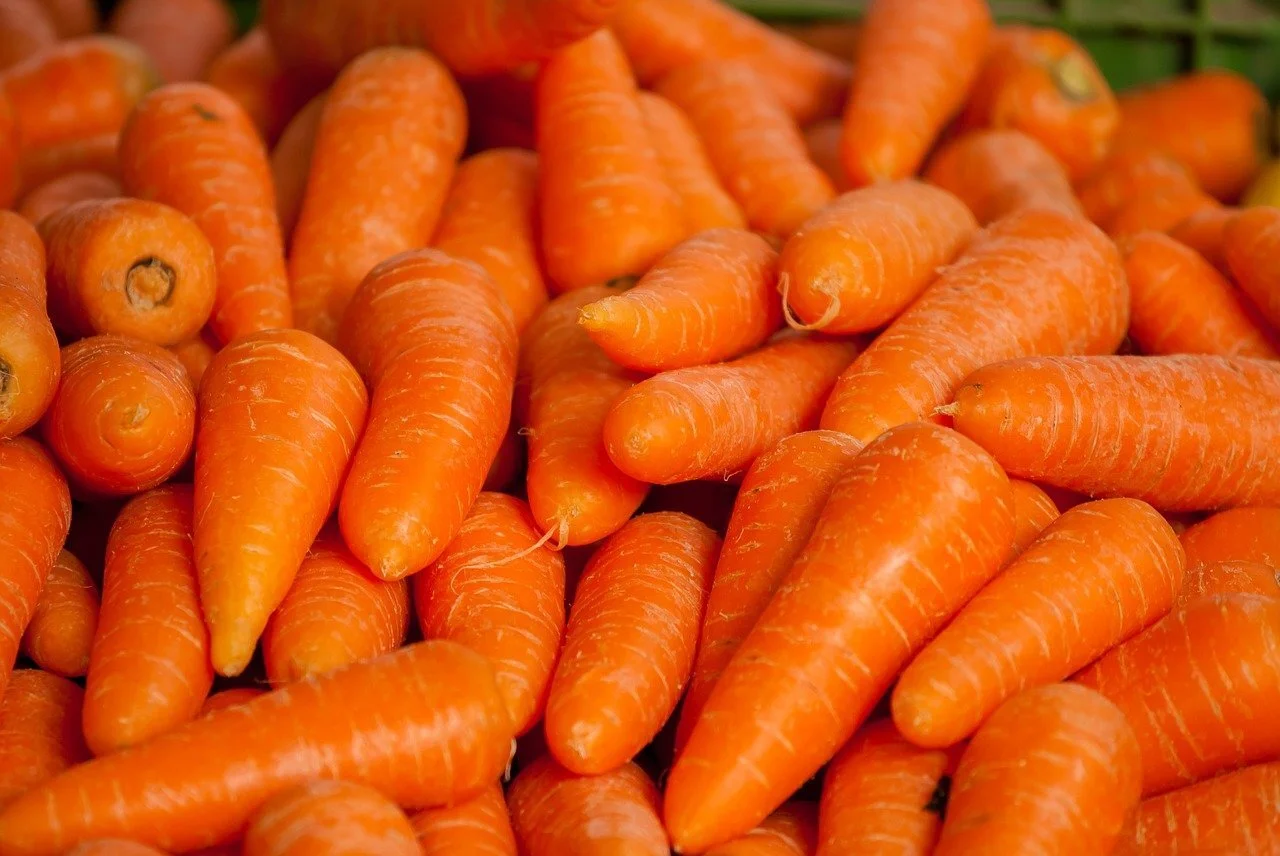What Is Beta Carotene, Retinoid, Retinol, Granactive Rentinoid – And What Does It Do In Skincare Products?
β-Carotene (Beta carotene) is an organic, strongly colored red-orange pigment abundant in fungi, plants, and fruits. It contributes to the orange color of those different fruits and vegetables.
It is a member of the carotenes, which are terpenoids, synthesized biochemically from eight isoprene units and thus having 40 carbons. Life on earth would not be possible without carbon - this most important structural element, and the reason we are known as carbon-based life forms.
This is in part due to carbon's ability to readily form bonds with other atoms, giving flexibility to the form and function those biomolecules can take, such as DNA and RNA, which are essential for the defining characteristics of life: growth and replication. About 12% of our body's atoms are carbon.
Plant carotenoids are the primary dietary source of provitamin A worldwide, with β-carotene as the best-known provitamin A carotenoid.
Isolation of β-carotene from fruits and vegetables abundant in carotenoids is commonly done using column chromatography, a laboratory technique for the separation of a mixture.
Retinoids are a class of chemical compounds that are vitamers of vitamin A or are chemically related to it. Retinoids have found use in medicine where they regulate epithelial cell growth, proliferation, and differentiation.
Retinoids are used in the treatment of many diverse diseases and are effective in the treatment of several dermatological conditions such as inflammatory skin disorders, skin cancers, disorders of increased cell turnover such as psoriasis, photoaging, acne and skin wrinkles.
Isotretinoin (aka under the brand name Accutane), in the world of pharmaceuticals, is not only considered the only known possible cure of acne in some patients, but was originally a chemotherapy treatment for certain cancers, such as leukemia.
Research has revealed that human embryonic stem cells also more readily differentiate into cortical stem cells in the presence of retinoids.
Retinoids are known to reduce the risk of head and neck cancers. Retinoids also reduce fine lines and wrinkles by increasing the production of collagen. They stimulate the production of new blood vessels in the skin, which improves overall skin color. Additional benefits of treatments containing Retinoids include fading age spots and softening rough patches of skin.
Granactive Retinoid aka Dimethyl Isosorbide (DMI) or Hydroxypinacolone Retinoate, is a cosmetic grade ester of all-trans retinoic acid. When skin cell Retinoid receptors are bound with Retinoids, a cascade of mechanisms that benefit the skin complexion are switched on.
Granactive Retinoid contains 10% of Hydroxypinacolone Retinoate (HPR), a new patented molecule. Sokörpe Laboratories’ Hydroxypinacolone Retinoate directly attaches itself to the Retinoid receptors of the skin cells it binds - to work its skincare magic.
Granactive Retinoid is more stable than ordinary retinol. It is withstanding heat stress meaning more anti-aging and anti-acne benefits for skin when applied topically. Since HPR binds directly to retinoid receptors, its activity is similar to pure Retinoic Acid. But not only is it less irritating than tretinoin, but it is also less irritating than even 0.5% retinol.
Granactive Retinoid should always be layered after a Hyaluronic Acid Serum application.
Most people will start seeing the benefit of daily derm-grade Granactive Retinoid use around 6 weeks. If used every 2-3 days, then it would take around 10 weeks to see visible results. If only used once weekly, it may take up to 3 months to start seeing results.
At Sokörpe Laboratories, Granactive Retinoid, β-Carotene (Beta carotene) is made from carrots.

